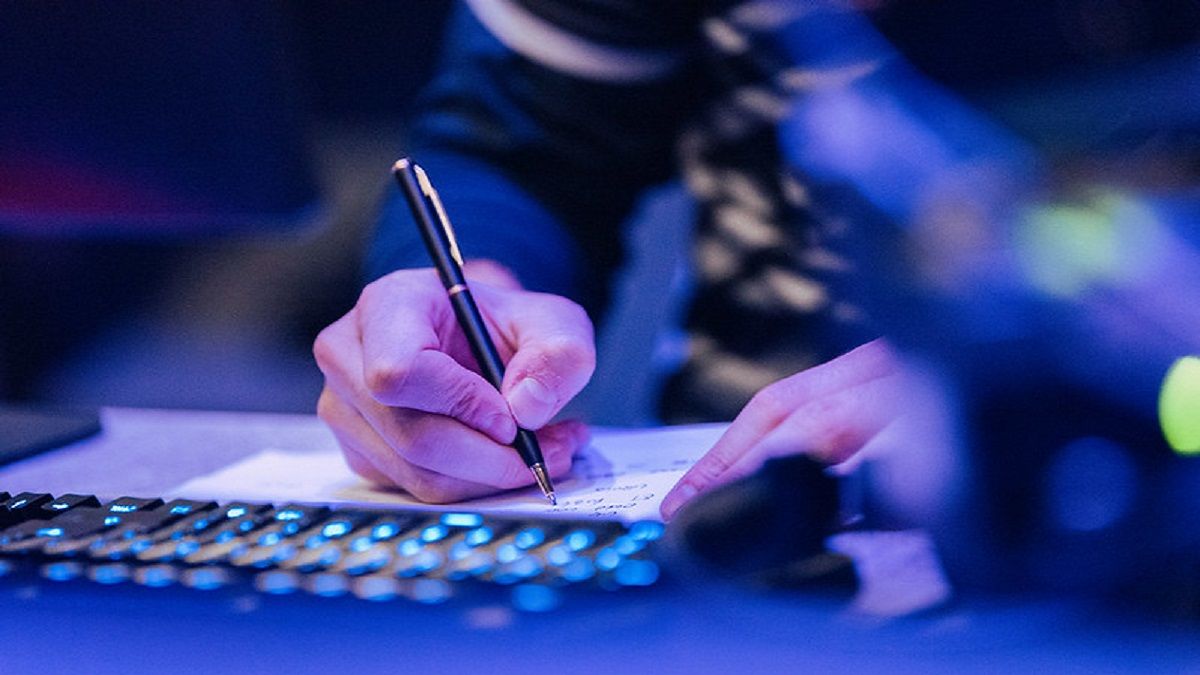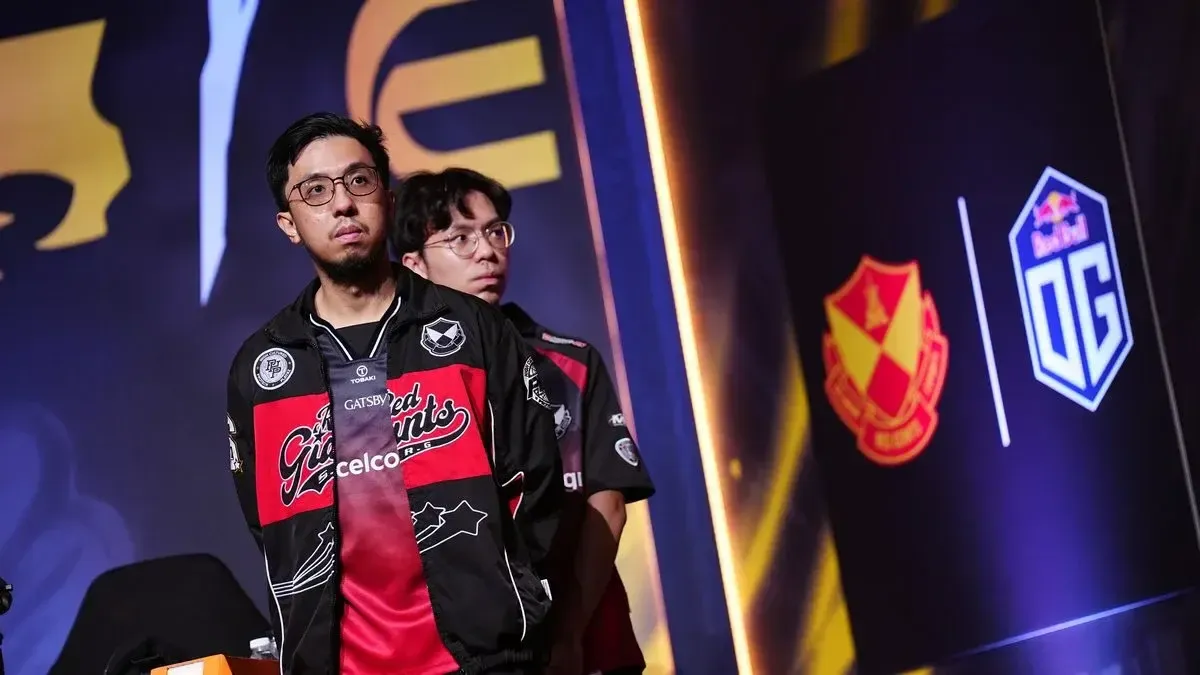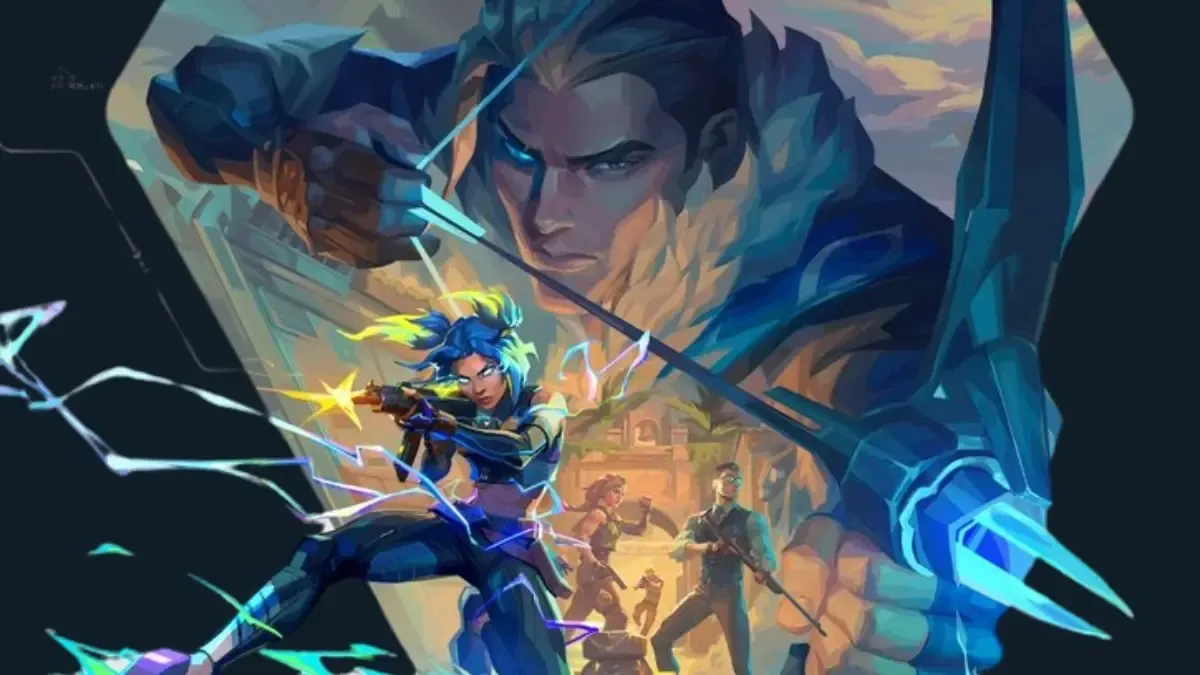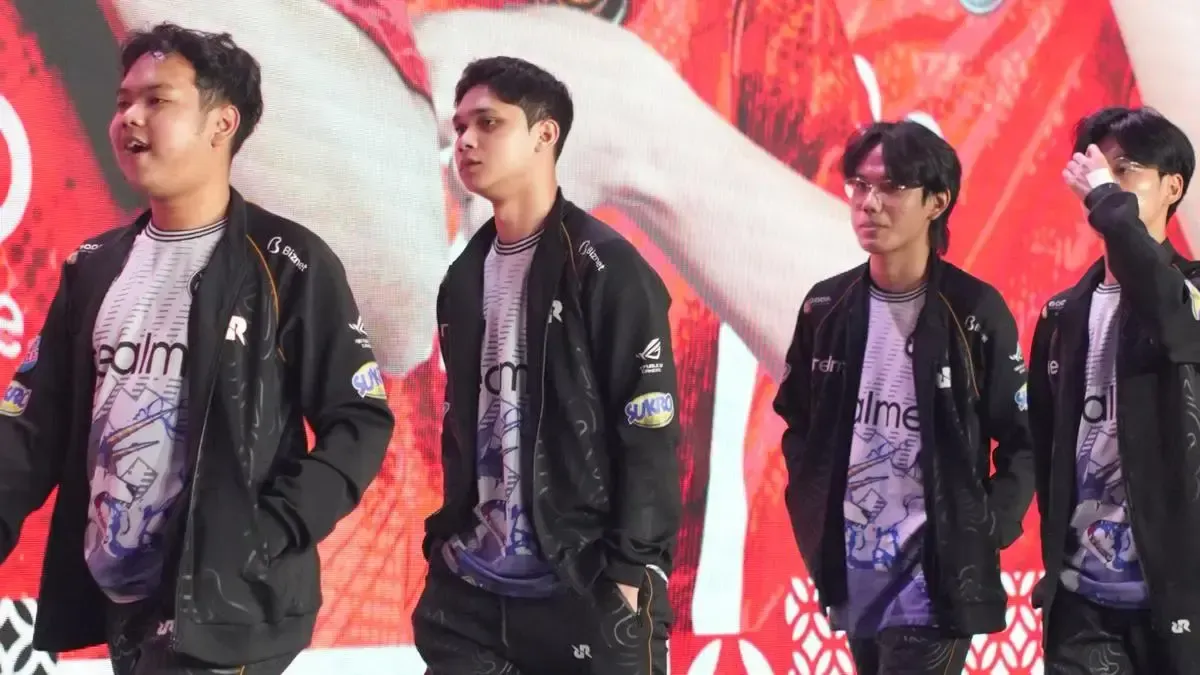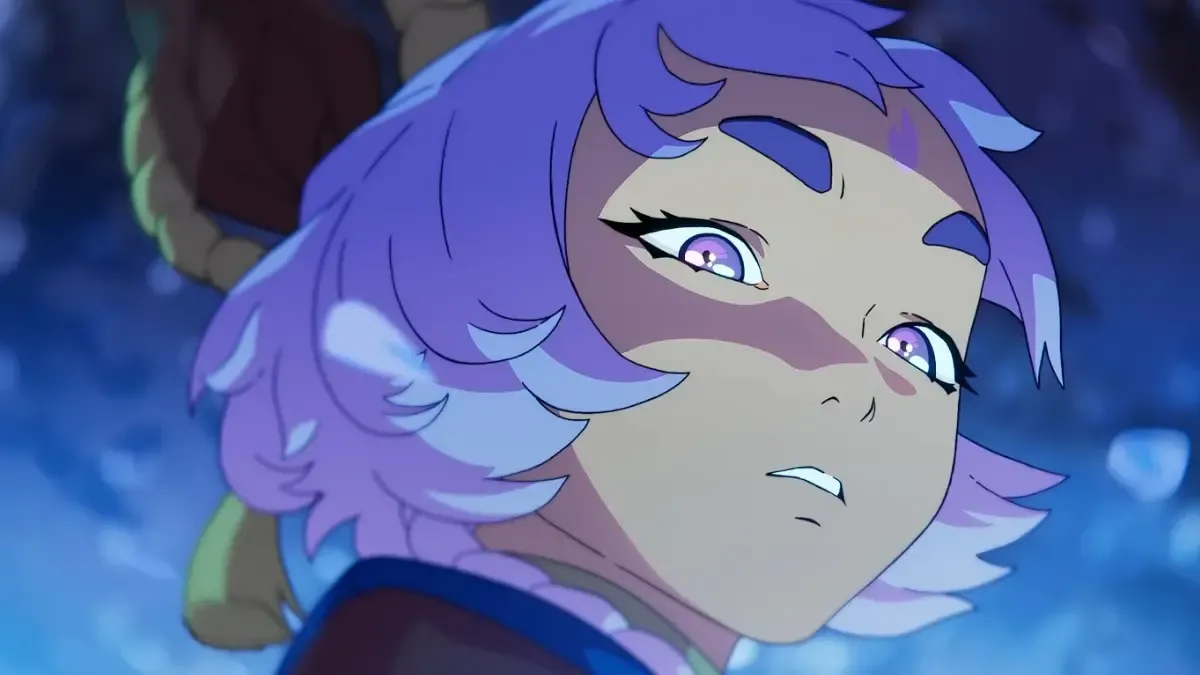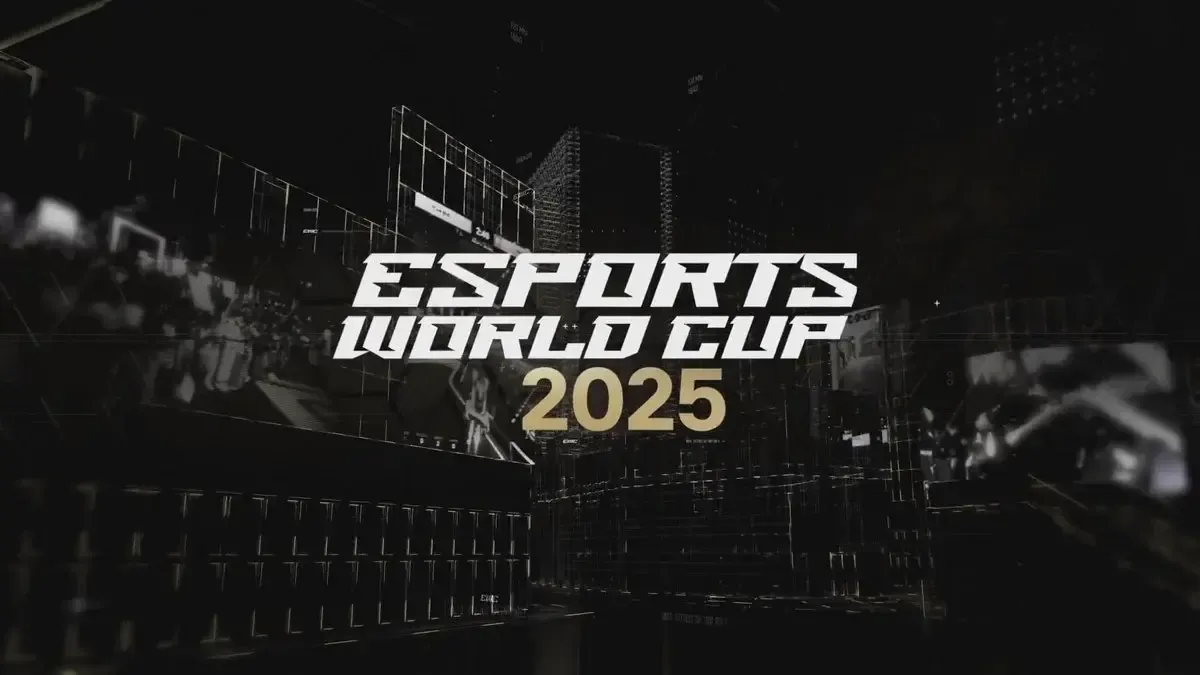As with traditional sports, esports teams seek out ways to gain a competitive edge over their opponents. How do some teams gain an advantage and is it fair play?
Every team wants to win. It is the nature of competition and the essence of creating rivalries and championships.
Just like in traditional sports, teams are seeking out something or someone else that will give them a competitive edge. As the stakes have grown for esports, teams have embraced some of the best practices of traditional sports and turned to new technology to help players succeed.
Author of Atomic Habits, James Clear, recounts the story of the British Cycling team and the measures they took in 2003 to reach success by using a strategy that referred to as “the aggregation of marginal gains,” which was the philosophy of searching for a tiny margin of improvement in everything you do.
The organization, which was the governing body for professional cycling in Great Britain, had recently hired Dave Brailsford as its new performance director. At the time, professional cyclists in Great Britain had endured nearly one hundred years of mediocrity. Since 1908, British riders had won just a single gold medal at the Olympic Games, and they had fared even worse in cycling’s biggest race, the Tour de France. In 110 years, no British cyclist had ever won the event [...]
Brailsford and his team continued to find 1 percent improvements in overlooked and unexpected areas. They tested different types of massage gels to see which one led to the fastest muscle recovery. They hired a surgeon to teach each rider the best way to wash their hands to reduce the chances of catching a cold. They determined the type of pillow and mattress that led to the best night’s sleep for each rider. They even painted the inside of the team truck white, which helped them spot little bits of dust that would normally slip by unnoticed but could degrade the performance of the finely tuned bikes.
[...]During the ten-year span from 2007 to 2017, British cyclists won 178 world championships and 66 Olympic or Paralympic gold medals and captured 5 Tour de France victories in what is widely regarded as the most successful run in cycling history.
But for some reason when it comes to esports, measures taken are gawked at and lead to public outcry or debate.
Just last week Alliance came under fire when it became clear that their newly added strategic coach Peter ‘PPD’ Dager was in the team's communication channels, helping guide the team during the official matches.
Many in the community and other professional players and staff cried 'foul play' and accused the Swedish-based team first of cheating, and then of not upholding a moral code that gave them an unfair advantage.
Alliance did nothing wrong. In fact, they read their email which was sent to all participating teams that specifically stated 'Some updates compared to the previous season: We no longer have a rule that limits anyone, coach or otherwise, from interacting with the team during the live matches'.
They confirmed it with the admins running the league, and then acted accordingly, bringing on board a strategic coach that would help them gain a competitive edge which is all not only fair play but well within competitive integrity.
It isn't a far cry to compare it to TI3 when Na'Vi was abusing the fountain hook, an in-game mechanic that was seemingly a bug, at the pinnacle of all Dota 2 events prompting the now infamous quote "how is that balanced?".
Which then leads to the question of what is a competitive edge, how do teams gain it, and by doing so, is it still fair play?
Physical competitive edge
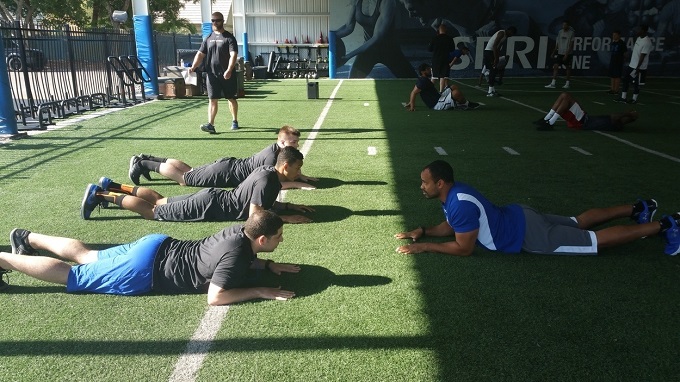
Image courtesy of compLexity Gaming
In 2016 compLexity Gaming had the honor to be the first esports organization to participate in a bootcamp at the IMG Academy in Bradenton, Florida. The facility is a world-renowned training haven and school for traditional sports. It has hosted and trained notable athletes, such as Serena Williams, Maria Sharapova, NFL stars, as well as professional and collegiate teams, such as Arizona Cardinals and Duke University athletic teams.
They have had their own chef for years to prepare healthy meals for the players and now that they are under the umbrella of the NFL Dallas Cowboys, they have their own full training facility grounds to utilize.
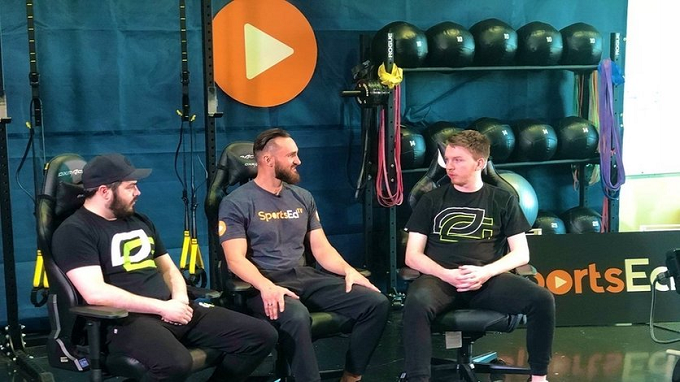
Image courtesy of IPI
In 2017 ProDota Gaming sought out a new angle in obtaining the competitive edge, teaming up with former NFL San Francisco 49ers strength and conditioning assistant coach Taylor Johnson. Now, CEO of IPI (Innovative Performance Institute), Johnson is an Esports Performance Coach with an extensive background in human performance in professional esports including ProDota Gaming, OpTic Gaming, Obey Alliance, Team Allegiance, and Infinite Esports as well as having been formerly involved in coaching with the NFL and Collegiate teams in the United States.
Taylor Johnson and his crew over at IPI work directly with players and teams to enhance their performance before, during, and after a competition. Previously Johnson has told GosuGamers
Coming from traditional sports, I’m used to seeing short careers for young professional athletes that put their bodies on the line any given Sunday for a living. When I pivoted into esports, I was shocked at how young players retire and how short their careers actually are when considered “in their prime.
Johnson believes it has to do with limited resources being provided to the players to allow them to have the necessary tools to prevent cognitive and physical burnout.
While esports are highly demanding cognitively, the physical output is also a factor for longevity in the sport. Just because the players are not running, jumping, moving in space, does not mean that their bodies do not take a toll. Being in seated positions for long periods of time can lead to overused injuries in the hips, back, shoulders, arms, and neck which can contribute to a decrease in the in-game performance of the players.
Psychological competitive edge
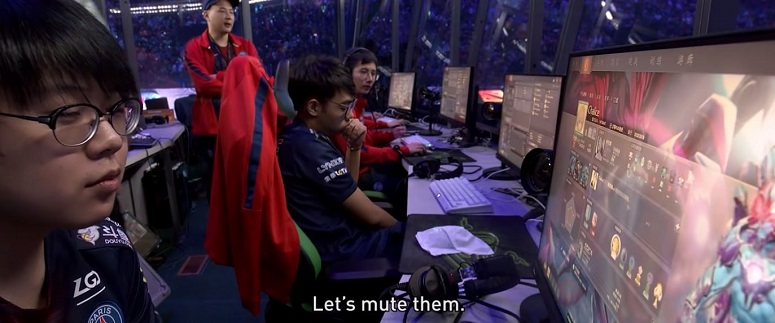
Armed with a ream of papers, OG swaggered across the stage for their upper bracket series against PSG.LGD gaming - a nod to the booth chat from their rivals in the grand finals of TI8 - already to set up the mentality and mind games.
In TI8 we saw how OG's abuse of the chat wheel and taunts were enough to cause their opponents to mute them all to avoid being distracted or getting tilted.
The European titans exude confidence and aren't afraid to intimidate their opponents with it. OG proved mind games just as powerful in destroying the mentality of their enemies. After a team finished playing against OG in the main event, each and every one of them seemed to have been broken in their next series and were eliminated. It was as if OG had shattered their mindsets and confidence. It's not surprising since Johan 'n0tail' Sundstein did say in True Sight TI8
Dota is a sick mental game. Brings out the best and the worst in you. [...] Who ended up winning the mental warfare always won the series. That's how you win tournaments. If you break the other mind it gets really easy. Some minds are really hard to beat though
Virtus.pro and Team Secret have gone into The International the last few years as leaders in the DPC but fell short when they reached the main stage of TI. The CIS powerhouse team has said more than once, and at TI9 specifically, that it is all about mindset. Each year they head into TI as if it is a different animal than the other tournaments, and each year they crumble and choke early on. The pressure starts to become too much no matter how much talent or experience you have.
But it's not just confidence and mind games, it is also about being healthy and having a clear mind.
OG's psychologist, Mia Stellberg, has emphasized during an interview with Red Bull the importance of time off and making sure that training regimens are not too strict and overbearing.
Mia's role can range from serving as the coach’s support to addressing individual players and their reactions to stress and tempering emotions.
“I like to teach the players a lot about controlling their emotions so that they are more rational instead of emotional. If you have a lot of emotions, that might sometimes conflict the game itself”
Na'Vi also has utilized the services of a coach, analyst, and psychologist at their live-in boot camp to wrap the players up tightly with all of the necessary tools to create a winning atmosphere and mentality.
Gleb Surabekiants joined NAVI's staff in May 2019 during a turbulent time for their CS:GO team. It was an attempt to shift in the direction similar to Astralis' approach by adding the necessary support staff to propel the team forward to the top echelon.
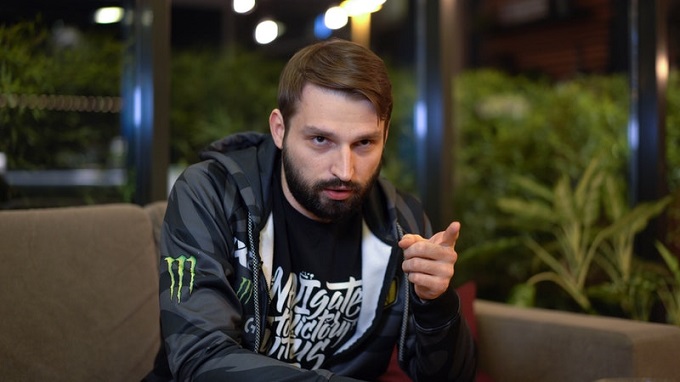
Image courtesy of Na'Vi
Na'Vi's psychologist told HLTV in a past interview
You can break down my role into a few main work objectives. Without diving too deep into the details, then it's three main pillars. First, it's maintaining good, healthy interpersonal relations in the team. This is team building, team seminars, training, team talks and spending free time together; this pillar always involves a lot of work. Secondly, it's assistance in working on personal development with each player individually. This is individual work with players dependent on how necessary it is and how helpful it would be. On occasion, I initiate these conversations with players myself, particularly when I feel that I can be helpful or do something useful for the person; sometimes, the guys approach me themselves if they feel the need. We base the interactions off of common sense. The third pillar is the sporting aspect of my role, so to speak. It's pre-tournament and pre-match conditioning of the players, assisting the players in being able to self-diagnose and understand their thoughts, feelings, and emotions. It's also developing their ability to find their optimal combat state and understand what components it is composed of and what affects it. Also, various methods of entering your optimal combat state. As a team, we test various methods, keeping those that work, and do our best in improving them while sharing our experiences and finding new ways of improving.
While some might argue that it doesn't always help some teams, it could also be argued that they might not have done even as well as they did without those services and was certainly not harmful. It is important to remember, that the services are only good if they are utilized to the fullest extent by the players and only as good as the players make them. It is not expected that a poor-performing player with little talent and skill will become an outstanding player, but it is quite possible for a mediocre player or team to become above average and a talented group to become outstanding.
Technological competitive edge
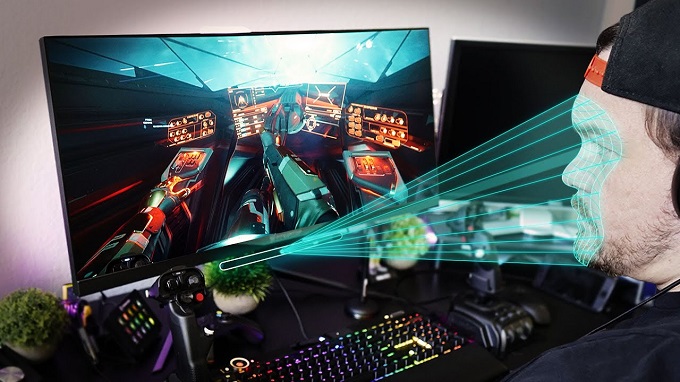
Title image courtesy of CNET
Some teams turn to the various, ever-evolving technological tools at hand. From faster reaction times to more in-depth knowledge of opponents, training enabled by technology and data analytics tools can help teams excel at a faster pace.
For example, the Eye Tracker 5 includes a series of sensors and two cameras, which are mounted to a monitor and registers the user’s gaze to calibrate. It then pairs with the Mobalytics platform to determine where and if a player is focused too long on the same spot and if they are aware of blind spots and surroundings. It then projects a bubble on the screen that reminds players of where to look, training them to be more cognizant and change their patterns of behavior.
Cloud9 is one team that utilizes these advantages, using data scientists. With data tools like Microsoft Power BI, Cloud9 gives its players, coaches, and executives meaningful insights into individual and team performance which helps them to become better than the competition.
Jack Etienne CEO of Cloud9 has previously stated in an interview that “Data gives us another way to take our teams to the next level Because these games are computer-based, we have a lot more data accessible to us than in traditional sports. The trick is finding innovative ways to gather that data and draw meaningful insights from it.”
So some teams take one route, others take another or a mix of several paths in order to reach their goals. As long as their methods fall within the confines of the rules, the resources and innovations are there for the picking. Not every team can afford to employ the talent or gain access to the best materials. Just as not every team will pay attention to some of the finer details in rule books or look towards other markets for benchmark practices.
Teams do not have a moral responsibility to ensure that everyone else is notified of or capable of emulating their strategies, nor does utilizing them mean that they are no longer engaging in fair play. It is simply gaining the competitive edge and advantage over their opponents to ensure they reach their championship dreams.

